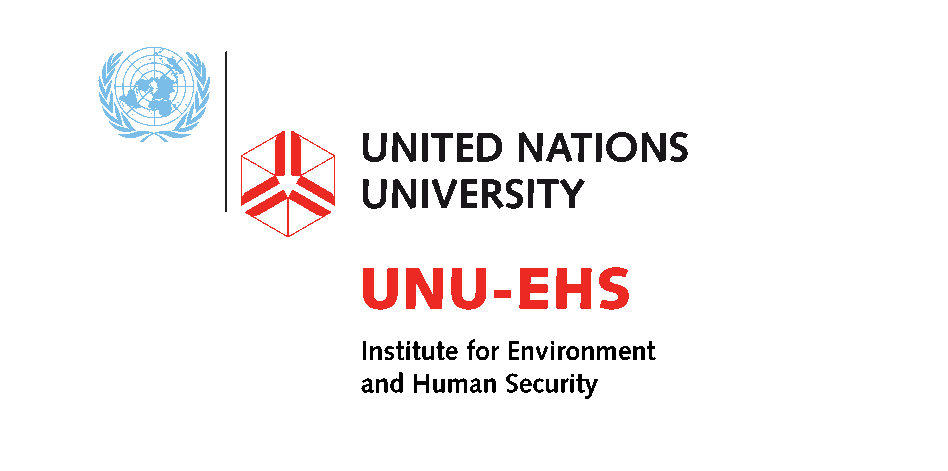Project Overview
Central Viet Nam is characterized by rapid urbanization, particularly in small and medium-sized coastal cities. At the same time, the region is facing an increase in precipitation and heavy rainfall events caused by climate change, which, combined with land use changes, results in more frequent and more intense flooding. In this context, the research project FloodAdaptVN evaluates flood risk reduction and adaptation measures based on their impact reduction, cost-efficiency and sustainability. The focus study area is the City of Huế and its hinterland in the Thua Thien Huế province.
The overall aim of FloodAdaptVN is to reduce current and future flood risks through the implementation of targeted ecosystem-based adaptation and risk transfer strategies into the flood risk management frameworks in Central Vietnam. Specific objectives of FloodAdaptVN include:
- to better understand and assess the drivers, spatial patterns (incl. hotspots), as well as dynamics of present-day and future flood risks (2030, 2050, 2100),
- to investigate entry points for and barriers towards the implementation of disaster risk reduction (DRR), risk transfer (i.e. insurance) and adaptation solutions (with a strong focus on ecosystem-based approaches),
- to-develop a decision support tool for risk-informed (spatial) planning and prioritizing among different DRR, risk transfer and adaptation measures, and
- foster capacity development.
In this project, MCII works closely at UNU-EHS with other sections 1) the Vulnerability, Assessment, Risk Management and Adaptive Planning (VARMAP, project lead) Department and the 2) the Environmental Vulnerability & Ecosystem Services (EVES) Department.
The main tasks of MCII aim at identifying and evaluating possibilities for risk reduction, risk transfer and adaptation in the flood-prone urban region of Hue (Central Vietnam). In addition to innovative risk transfer options (e.g. through insurance solutions), a particular focus is on ecosystem-based approaches that offer a variety of potential co-benefits in addition to direct risk reduction functions.
Building on the analysis and assessment of current and future risk dynamics and involving relevant planning documents and local stakeholders, MCII will identify and assess existing, planned and possible innovative risk mitigation, risk transfer and adaptation options (with a particular focus on ecosystem-based or risk transfer approaches). The assessment of the technical feasibility and the implementation and maintenance costs associated with individual measures will be carried out by means of the ECA-VN (Economics of Climate Adaptation) pilot developed in the definition phase, which will be further developed and applied under the leadership of MCII.
These results are directly incorporated into the modular risk information system (FRAME, University of Tübingen), which is intended, among other things, to enable the integration of the results into planning and decision-making processes on the ground.
In addition to the activities mentioned above, MCII contributes significantly to the planned capacity development and knowledge transfer activities of FloodAdaptVN.
The German-Vietnamese FloodAdaptVN project is currently in the Research and Development (R&D) phase of 48 months (until 2025), in which the initial approach – (2019-2021) – is refined and applied with our local scientific contributors and stakeholders. FloodAdaptVN is funded by the German Federal Ministry of Education and Research (BMBF) as part of the funding initiative “Sustainable Development of Urban Regions” (SURE).













